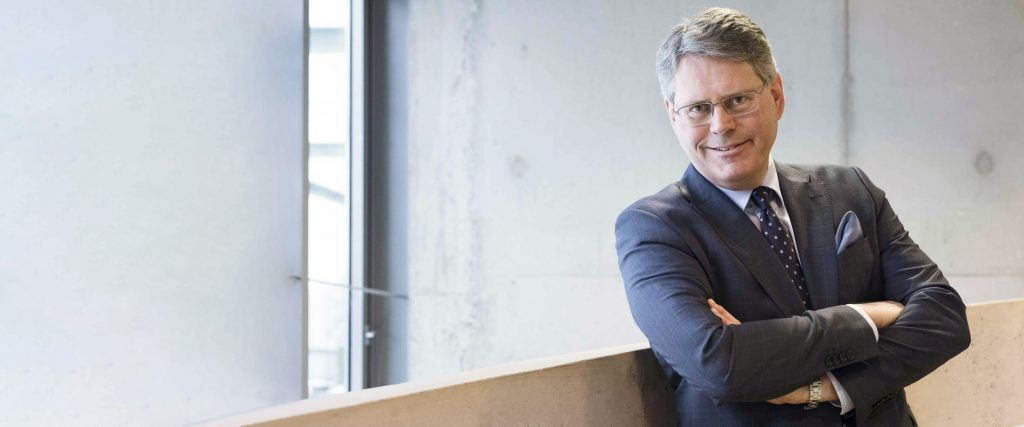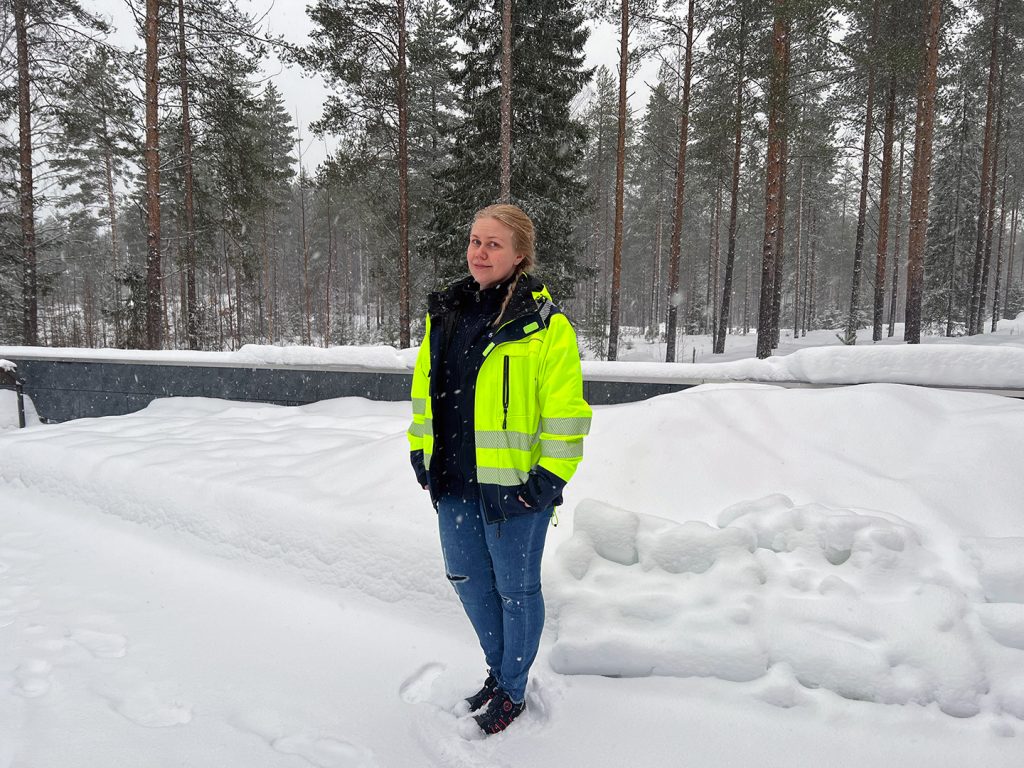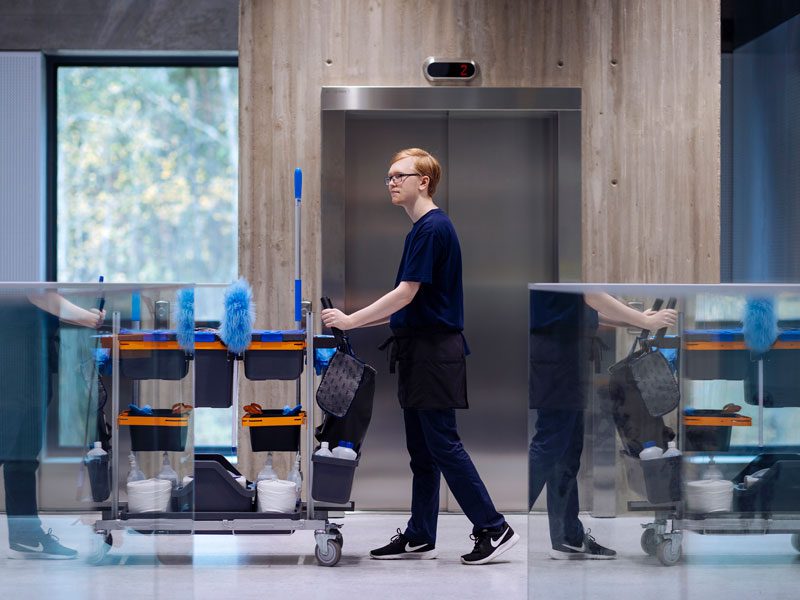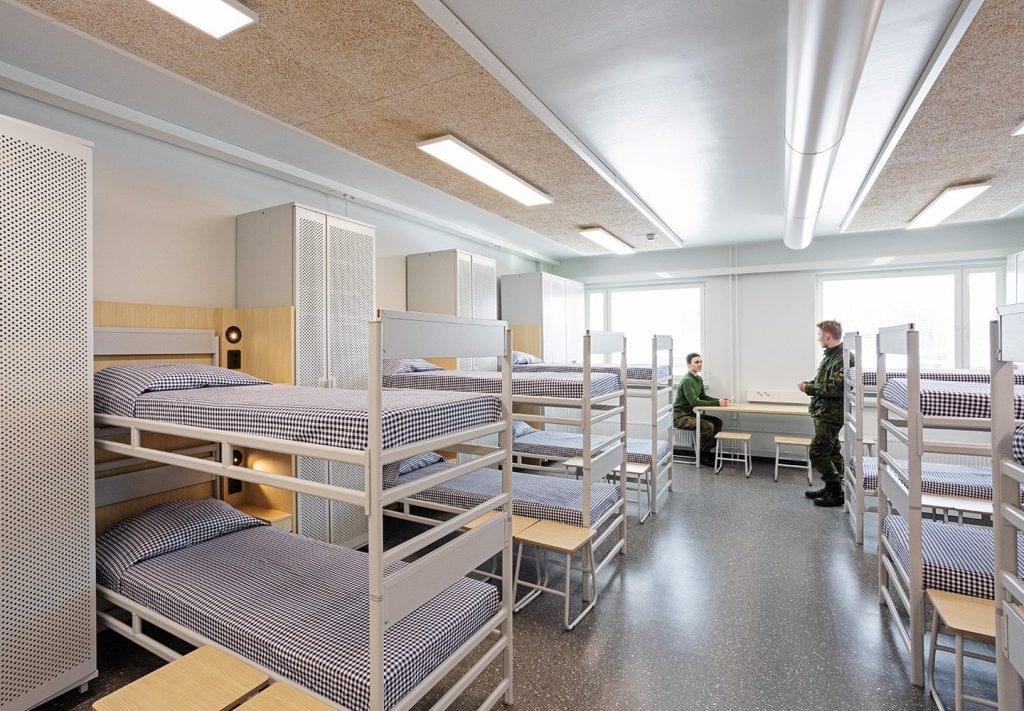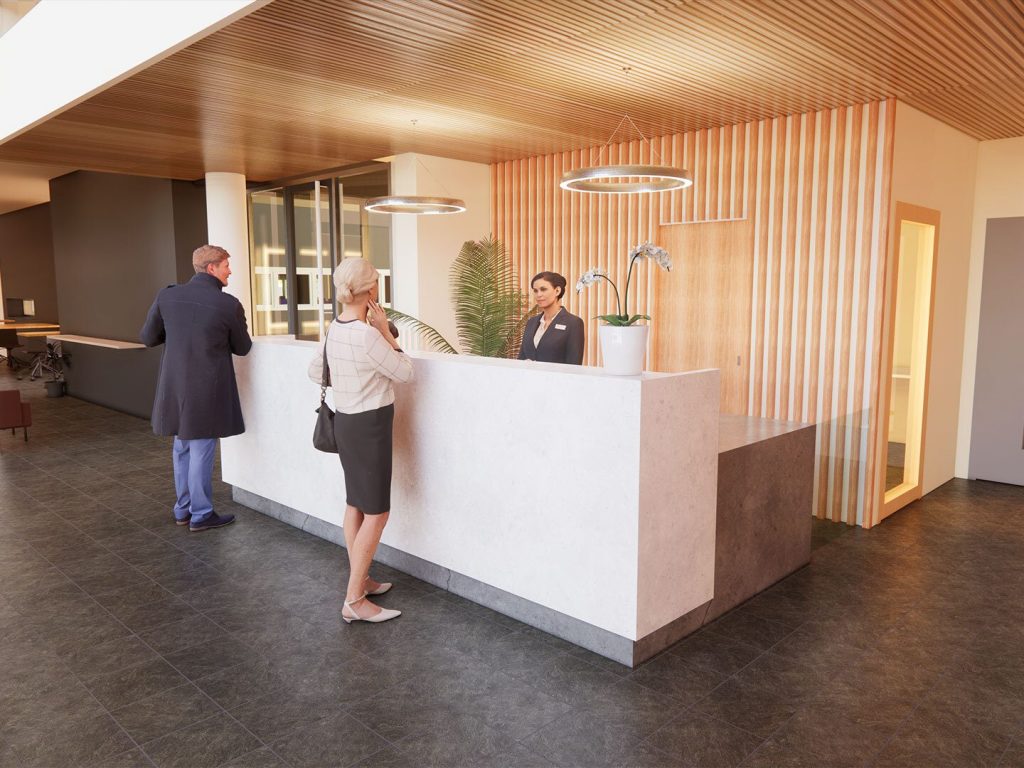1. Zero tolerance is an attitude and a way of working
What we mean above all with zero tolerance is the holistic operating culture and attitude with which we approach problems with indoor conditions – for example, all of us at Senate Properties are committed to zero tolerance. We particularly focus on pro-active measures and we are further strengthening our strong indoor air expertise.
Problems with indoor conditions cause central government €120 million each year in costs related to work efficiency, health and real estate economics. We have made zero tolerance of indoor air problems a strategic objective at Senate Properties and we will increase investments in improving indoor conditions and appropriations for maintenance by a total of €250 million over the following four years.
We aim to improve the quality of indoor conditions of central government premises and to solve problems. The costs attributable to the problems are scheduled to reduce by €40 million by 2022. For property users, our focus on indoor conditions means a safer, more productive work environment.
Read more: Senate Properties six actions for good indoor air
2. Pro-action and prompt reaction play a key role
Work environments that promote health and wellbeing benefit the property owner and facilities users alike. Overcoming problems with indoor conditions is a challenge we and our clients share and requires joint determination to resolve.
We seek to prevent problems with indoor conditions from occurring through pro-active work and prompt reaction. Our pro-active work focuses on indoor air inspections, which we will conduct at around 200 premises this year. Our inspections make use of the latest technology such as digital interfaces, which among other things are able to measure indoor air quality in the property and to transmit data in real time via the network to the maintenance company.
We want to act openly, build trust and we plan pro-active measures with our clients.
Our 12 indoor air detection dogs also have a major role in both pro-action and prompt reaction. Inspections and indoor air detection dogs have already helped us to achieve good results by detecting risks before any harm has occurred. Besides pro-active work, we have been able to repair and bring back into use facilities where problems have earlier been detected.
Read more: Pro-action is the best way to combat indoor air problems
3. Towards constructive and solution-focused discussion through cooperation
The indoor air discussion is inflamed, and the parties don’t trust each other. The discussion is dominated by extremes and there is no will to find a shared view or solutions. Our view is that we should be able to discuss the matter in a constructive and solution-focused way. It’s also important to remove the stigma attached to buildings with indoor air problems and their labelling as permanently sick buildings. Trust and openness play a key role in bringing everyone together. While the tone of public discussion has certainly seen a slight change for the better, there is still plenty to do in this respect.
As part of zero tolerance, we are also taking a greater, more active role in the way problems with indoor conditions are dealt with in state administration and in the public sector as well as in public debate as a whole. We want to open up a constructive discussion with stakeholders to prevent and solve problems with indoor conditions. We are genuinely on the same side of the table as our clients in solving this shared problem.
We are building a socially extensive discussion network, which seeks together to build constructive dialogue and reduce stigma. Property users, experts, decision-makers and the media are invited to join in. The first major meeting will be later in the year, when we will hold Senate Arena, which will focus on indoor conditions. It is in the interests of society as a whole to tackle problems with indoor conditions even more robustly together going forward.
Read more: What is indoor climate? This is what it’s all about

